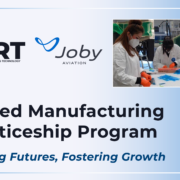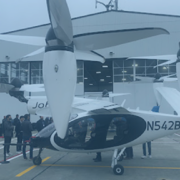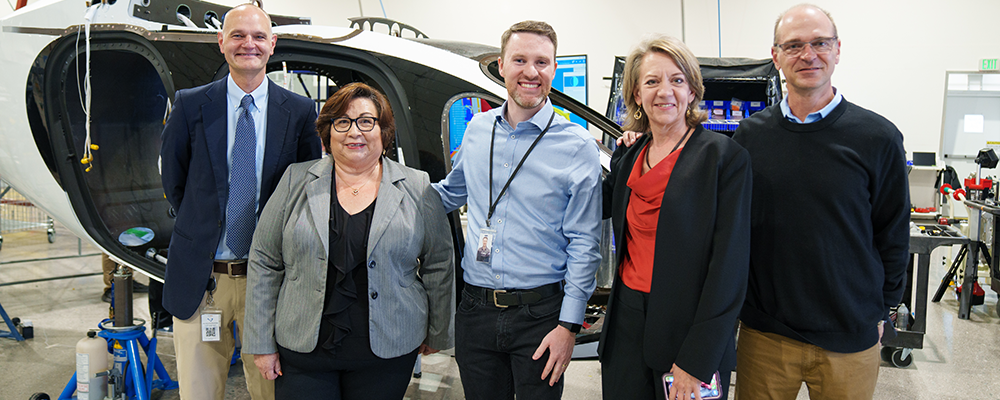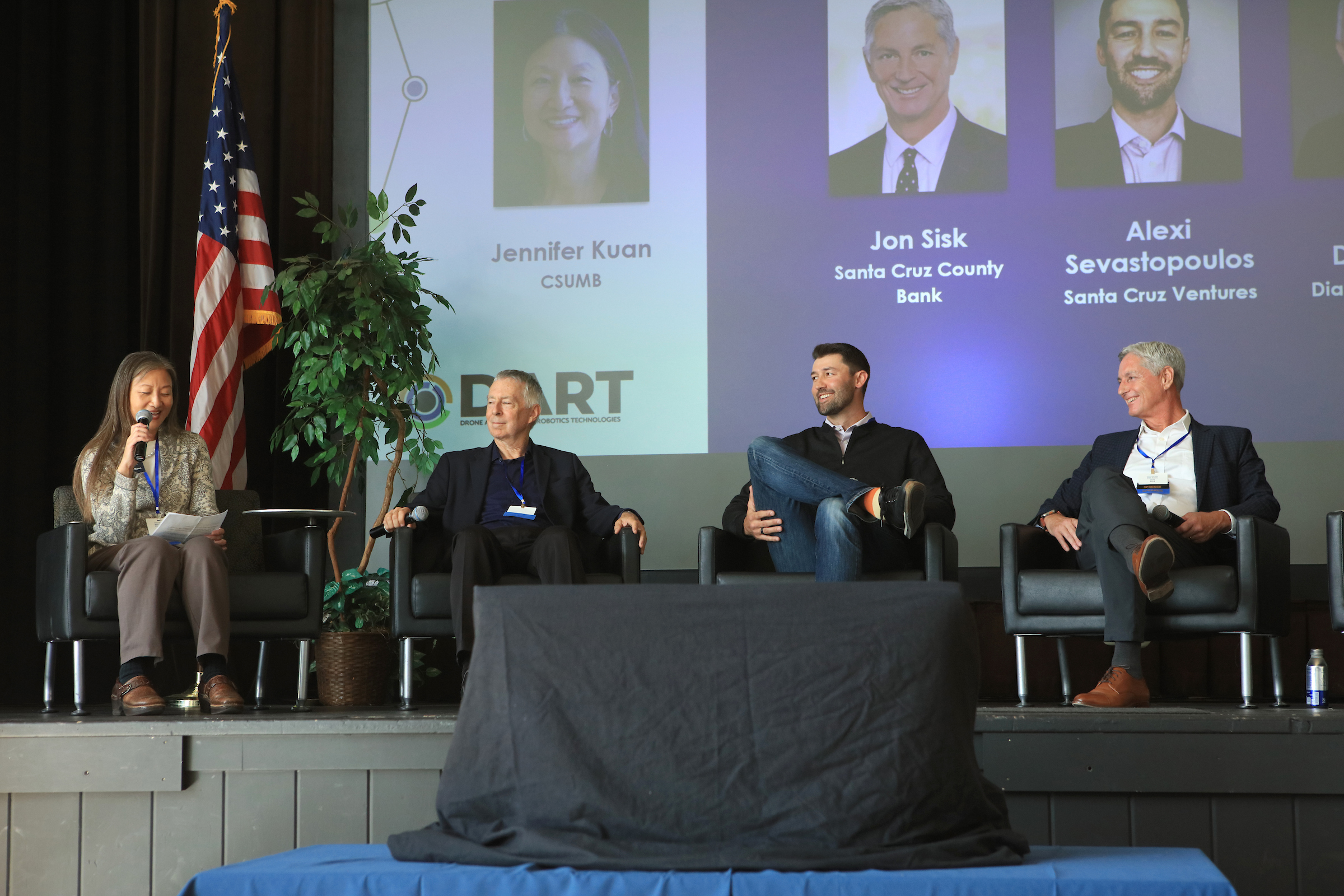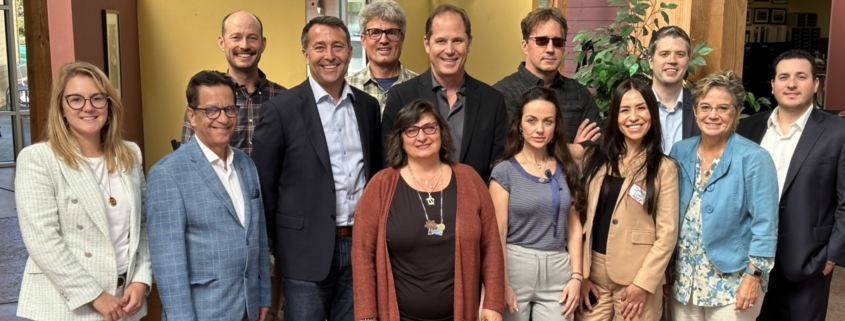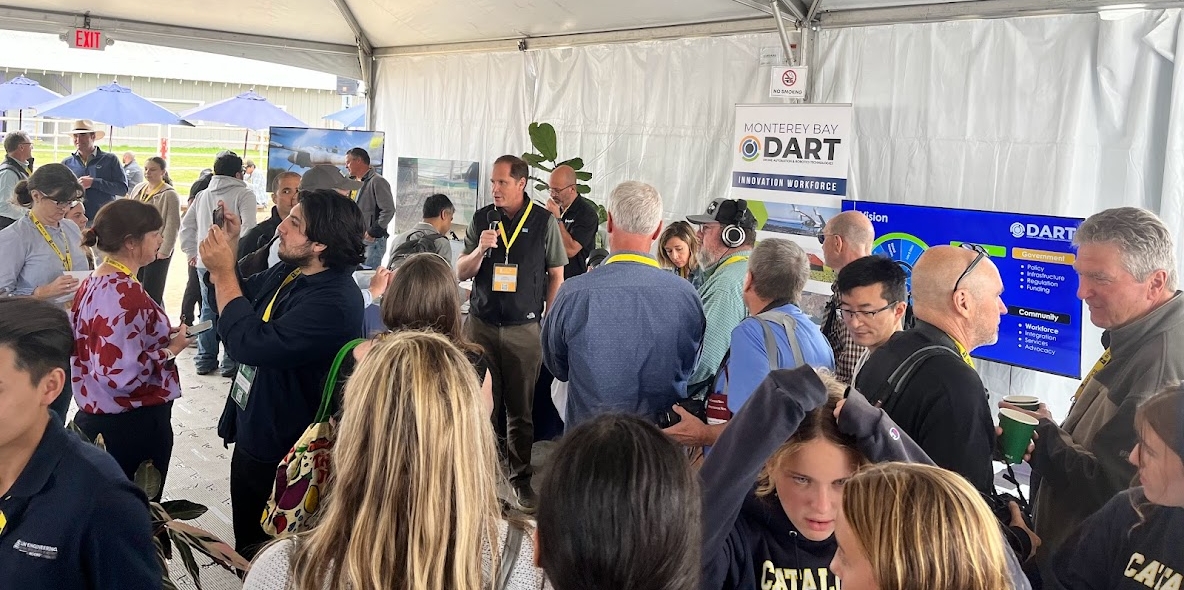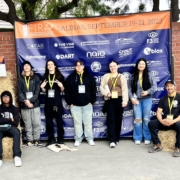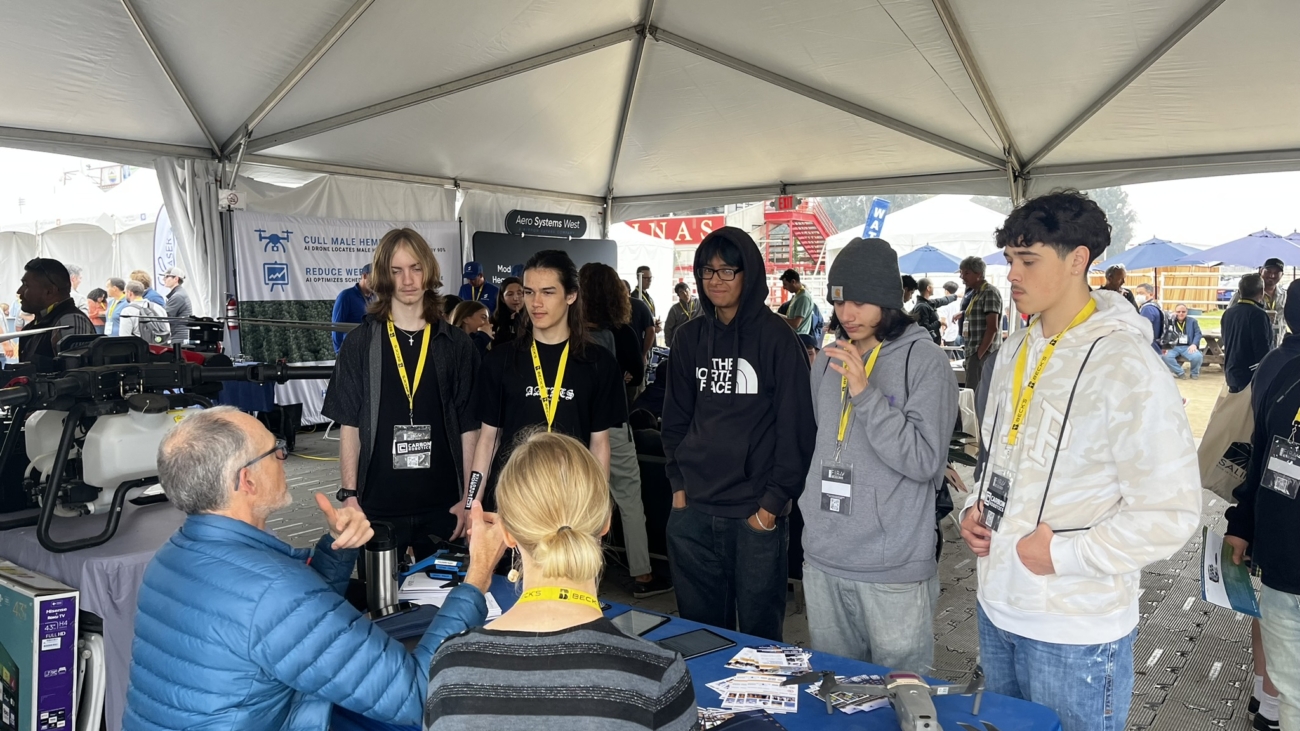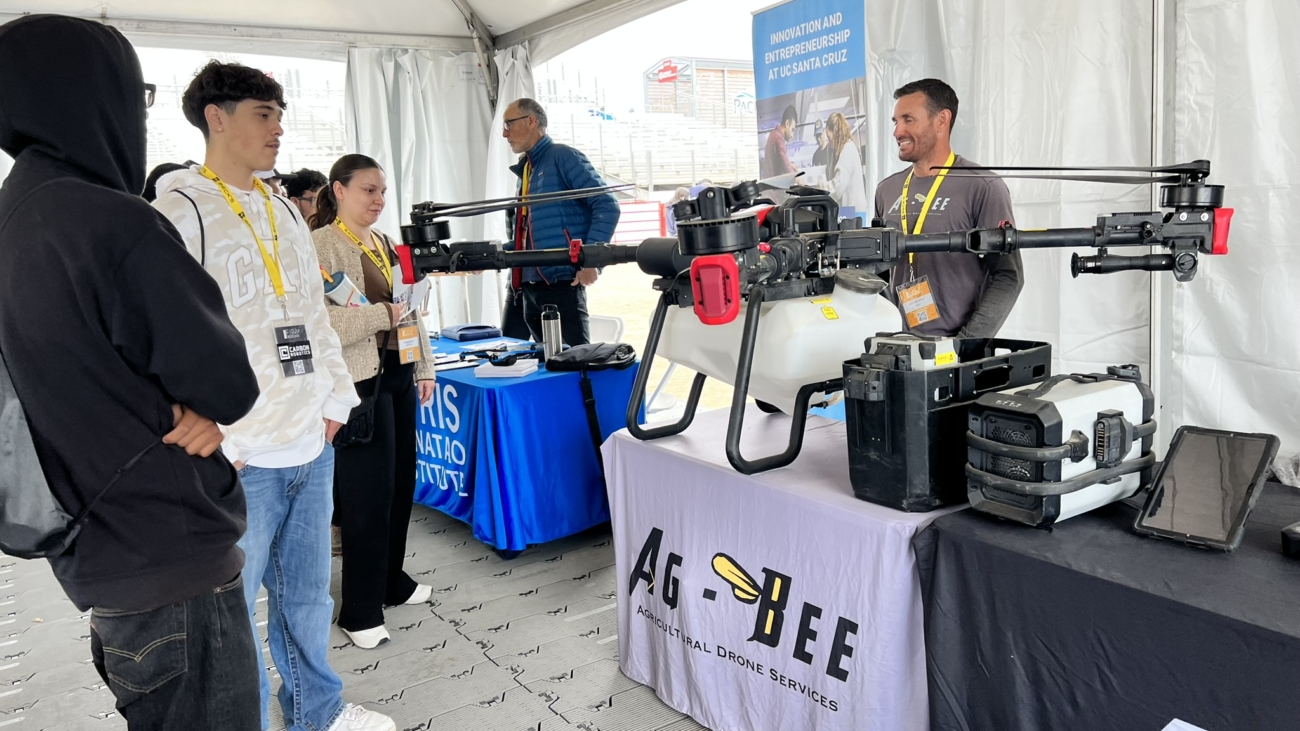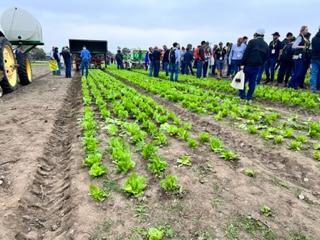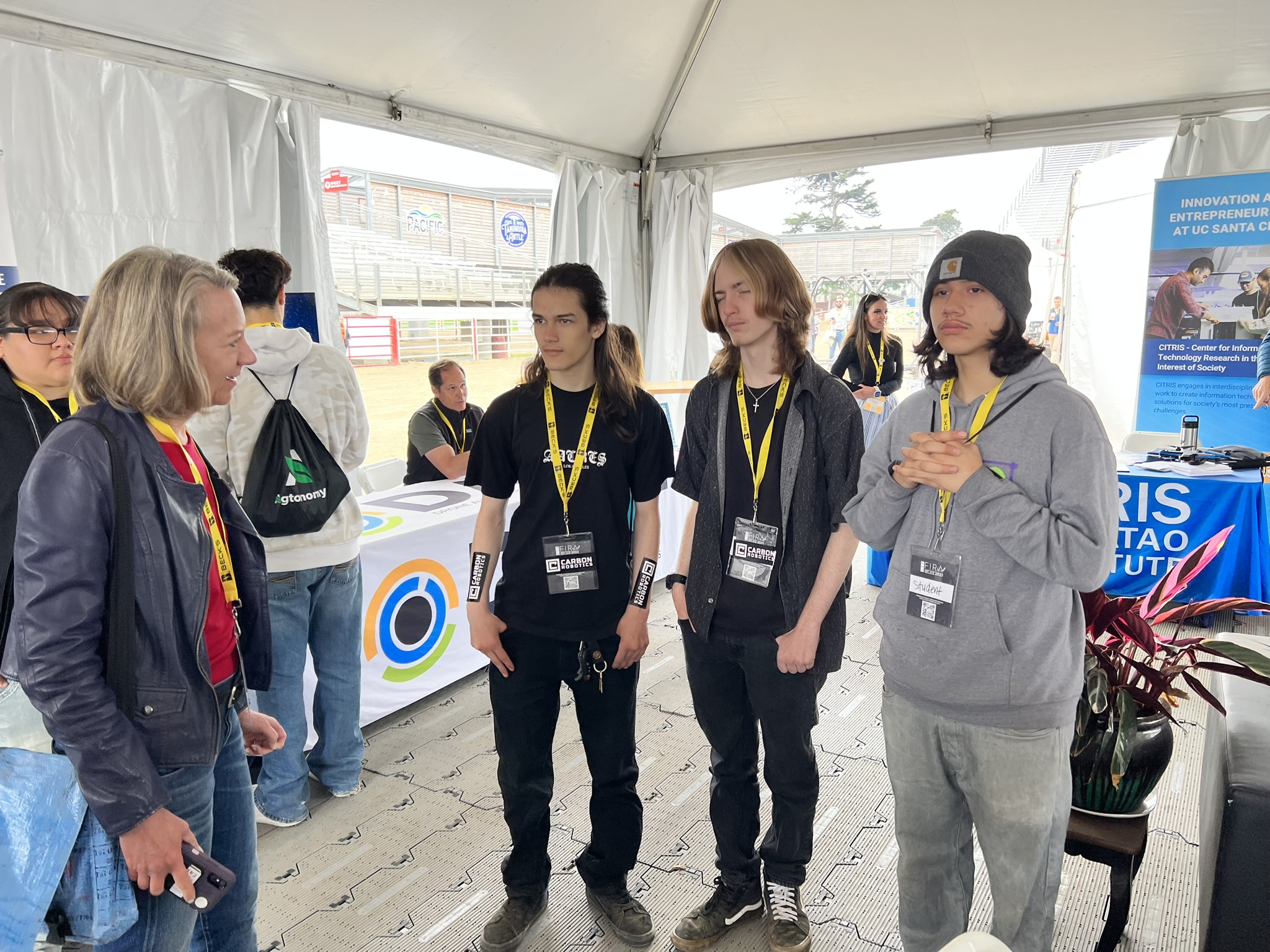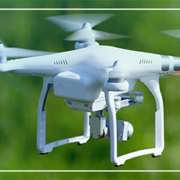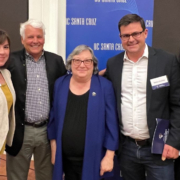DART-Joby AMAP: Empowering Futures, Fostering Growth
/in Advanced Manufacturing, Apprenticeship, Joby Aviation, Partners/by Jen Simon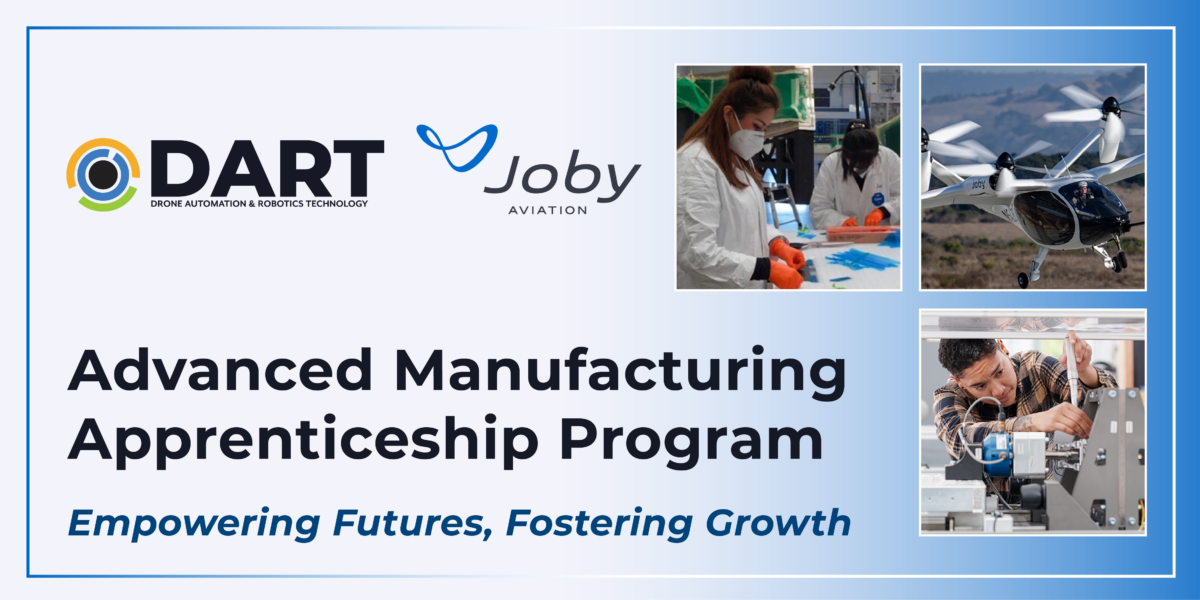
Monterey Bay DART and Joby Aviation call for Advance Manufacturing Apprenticeship Program applications.
The DART-Joby Advanced Manufacturing Apprenticeship Program (AMAP) is a collaboration between the Monterey Bay Drone, Automation, and Robotics Technology (DART) Initiative and Joby Aviation, dedicated to meeting rapidly scaling industry needs and advancing inclusive economic mobility efforts in the Monterey Bay region. The DART-Joby AMAP has demonstrated remarkable success in establishing trusted industry-local workforce relationships, refining recruitment and training processes, and ultimately securing family-sustaining wage job outcomes by establishing productive partnerships between Joby Aviation and community-based organizations, academic institutions, and economic development entities.
The DART-Joby AMAP consists of 6-month paid apprenticeships, under the direction of highly skilled Joby Aviation personnel, that result in upskilling local community members to meet increased demand for advanced manufacturing technicians, robot operation and maintenance, and other entry-level aerospace career pathways.
Since its launch in fall 2022, the DART-Joby AMAP has facilitated remarkable success. With 23 apprentices enrolled from a pool of over 200 applicants, 20 have transitioned to full-time employment at Joby in 2023. The success of this partnership is seen in the creation of increased opportunities and pathways for underserved community members, as well as continued growth and expansion of cutting edge technology companies within the region.
“Our partnership with DART has unlocked numerous promising career opportunities in advanced manufacturing and established a model for developing the workforce of the future.” said Bonny Simi, President of Operations at Joby Aviation. “As we redefine the future of mobility, we have an opportunity to change the face of aerospace and make opportunities available to a more diverse workforce of talented individuals.”
In light of these measures of success, the established DART-Joby AMAP is ready to scale and meet the increasing skilled worker demand at Joby Aviation. The next round of funding from the Irvine Foundation Priority Communities Initiative builds on this established momentum in several ways including:
- Scaling the Workforce: supporting Joby’s projected 690-worker growth trajectory by expanding the DART-Joby AMAP in California
- Curriculum Development: creating advanced manufacturing-oriented curriculum for integration into local community colleges and workforce training centers
- Community Access: expanding recruitment collaborations with community-based organizations to ensure broader community access to innovation-driven tech career pathways
“We are thrilled the Advanced Manufacturing Apprenticeship Program pilot has proven effective in opening up new, high-road career pathways for Salinas and Pajaro Valley residents, and has demonstrated to Joby and other emerging technology companies the tremendous potential of this region for supporting their appropriate scale growth” said Josh Metz, DART Executive Director. “It is a privilege to have the strong support of the James Irvine Foundation, active partnership with the Salinas Inclusive Economic Development Initiative and other community-base organizations, and continued engagement with Joby Aviation. We are honored to serve this role supporting the emergence of such an exciting industry, while contributing to realizing a more accessible and inclusive economy.”
The DART-Joby AMAP will continue to provide specialized education and skills training aligned with business needs, made possible by its longstanding collaboration with educational institutions throughout the region. Additionally, the DART-Joby AMAP will empower underserved populations, promote diversity in entrepreneurship, and offer training and employment opportunities to marginalized communities. By addressing these challenges head-on, the DART-Joby AMAP will continue to create a more equitable and prosperous future for the Central Coast region.
If you or someone you know is interested in the 2024 DART-Joby Advanced Manufacturing Apprenticeship Program (AMAP) Cohort, please enter your information here. We will notify you when recruitment opens.
Monterey Bay DART and Joby Aviation Announce Call for Applications for Next Advanced Manufacturing Apprenticeship Program Cohort
MARINA, CA –Monterey Bay Drone, Automation, and Robotics Technologies (DART) Initiative and Joby Aviation, Inc. are pleased to announce the opening of applications for the next Advanced Manufacturing Apprenticeship Program (AMAP) cohort. This collaborative initiative aims to address the rapidly scaling industry needs and advance inclusive economic mobility efforts in the Monterey Bay region.
The DART-Joby AMAP is a testament to the success of industry-local workforce relationships, recruitment, and training processes. Established in fall 2022, the program has demonstrated remarkable outcomes, facilitating the transition of apprentices into full-time employment at Joby Aviation. Since its inception, over 60 apprentices have participated, with more than 90% transitioning into permanent positions at Joby as technicians, inspectors, and supervisors.
“Our partnership with DART has unlocked numerous promising career opportunities in advanced manufacturing and established a model for developing the workforce of the future,” said Joby Aviation President of Operations Bonny Simi. “As we redefine the future of mobility, we have an opportunity to change the face of aerospace and make opportunities available to a more diverse workforce of talented individuals.”
Building on this success, the DART-Joby AMAP is poised to scale further with the support of the Irvine Foundation Priority Communities Initiative. The program will expand its reach, supporting Joby’s projected 690-worker growth trajectory, developing an advanced manufacturing-oriented curriculum, and ensuring broader community access to innovation-driven tech career pathways.
“We are thrilled the Advanced Manufacturing Apprenticeship Program pilot has proven effective in opening up new, high-road career pathways for Salinas and Pajaro Valley residents,” said Executive Director of Monterey Bay DART Josh Metz. “It is a privilege to have the strong support of the James Irvine Foundation, an active partnership with Salinas Inclusive Economic Development Initiative (SIEDI), and ongoing engagement with Joby Aviation.”
The DART-Joby AMAP will continue to provide specialized education and skills training aligned with business needs, empowering underserved populations and promoting diversity in entrepreneurship. Interested individuals are encouraged to apply for the 2024 cohort to join this transformative program.
For more information and to register interest, visit: www.mbdart.org/joby-amap/
About Monterey Bay DART
The Monterey Bay Drone, Automation, and Robotics Technologies (DART) initiative is a non-profit dedicated to advancing innovation and creating high-road career pathways in the fields of drone, automation, and robotics technology. To learn more, visit: www.montereybaydart.org.
About Joby
Joby Aviation, Inc. (NYSE:JOBY) is a California-based transportation company developing an all-electric, vertical take-off and landing air taxi which it intends to operate as part of a fast, quiet, and convenient service in cities around the world. To learn more, visit: www.jobyaviation.com.

